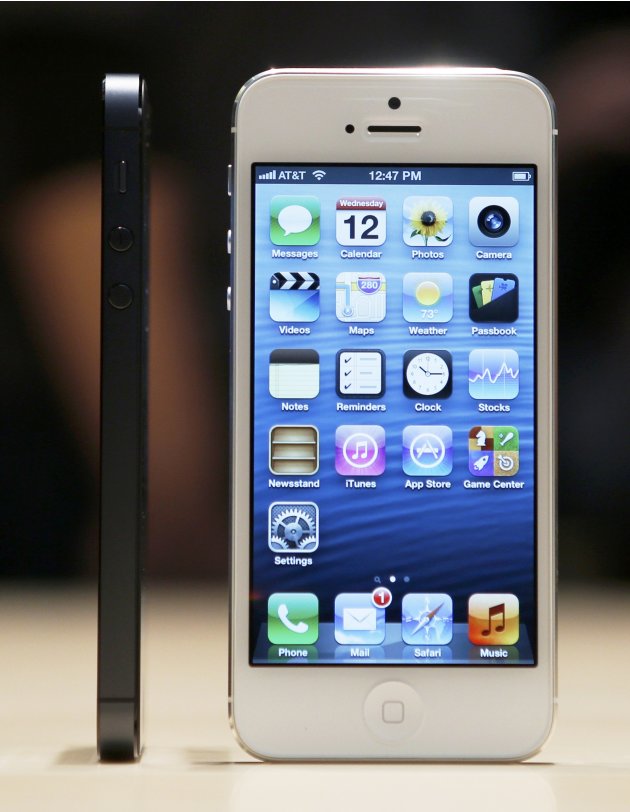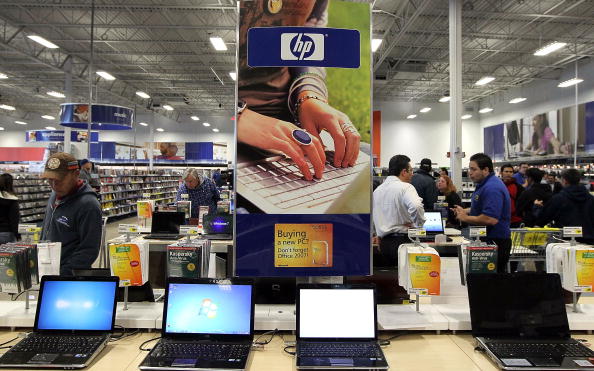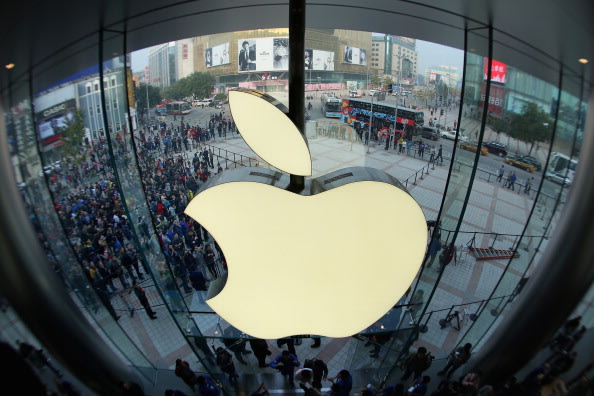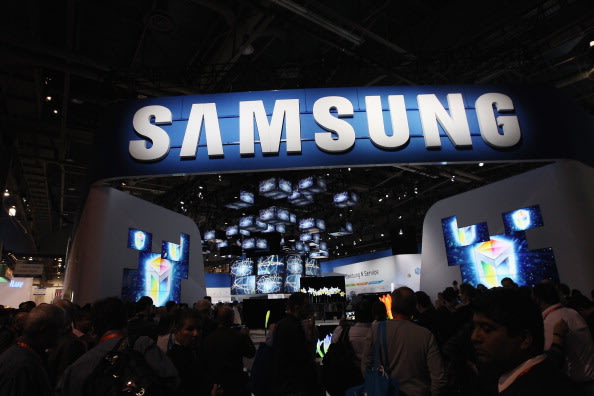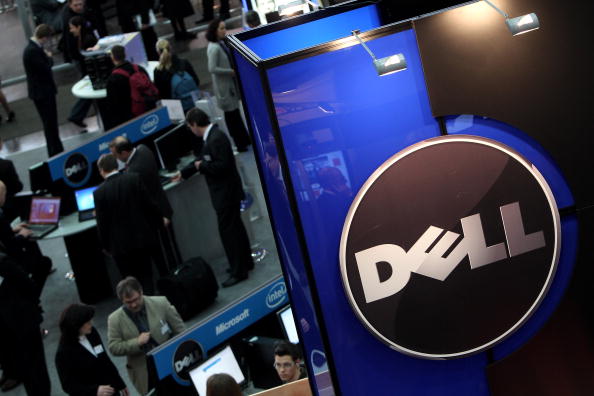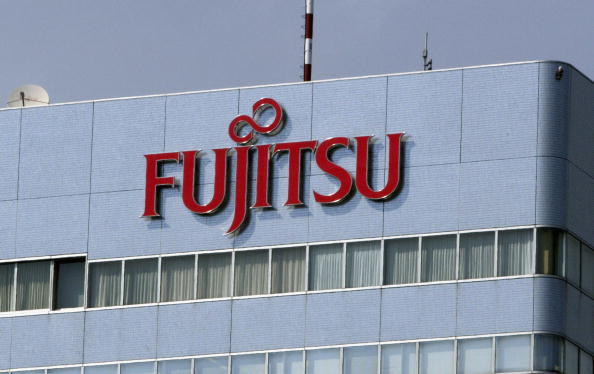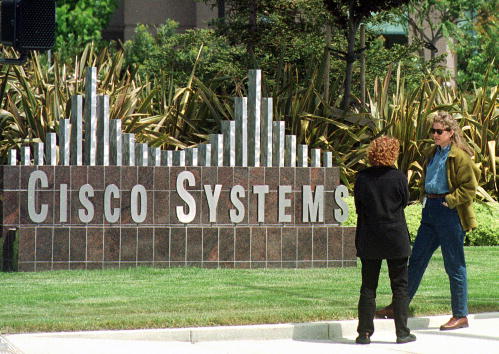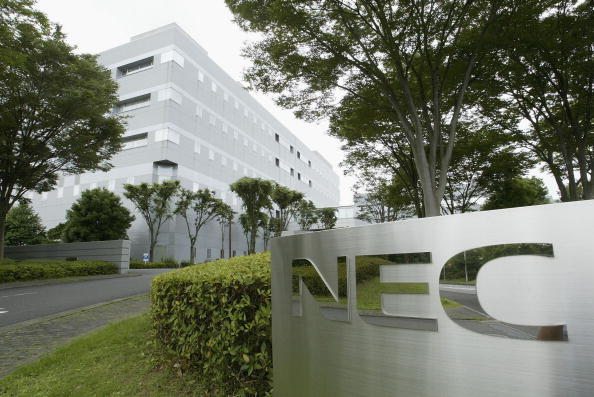The Forbes list of the world's most innovative companies features India's Larsen & Toubro ahead of US-based Apple Inc. and Google. Four more Indian companies have made it to the top 50.
The innovation premium is a measure of how much investors have bid up the stock price of a company above the value of its existing business based on expectations of future innovative results (new products, services and markets). Members of the list must have $10 billion in market capitalisation, spend at least 2.5 percent of revenue on R&D and have seven years of public data.
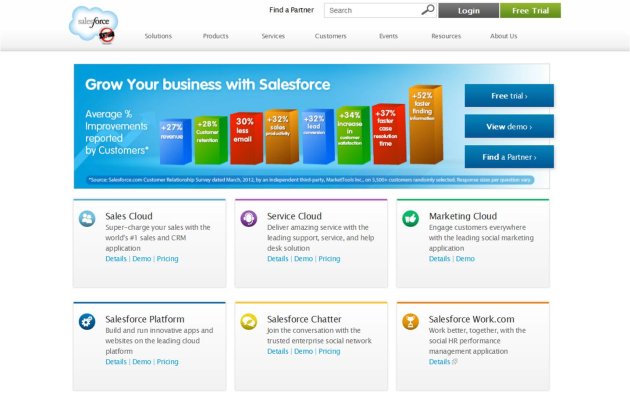
The US-based Salesforce.com with aninnovation premium of 73 percent tops the list as the world’s most innovative company. The founder and CEO Marc Benioff has taken pride in innovating from within. This year salesforce.com has spent $1 billion acquiring two firms: Radian6 and Buddy Media.

Alexion Pharmaceuticals with an innovation premium of 72.3 percent is next. Its shares have outperformed Apple since 2007. Found in 1992, the company’s $440,000 drug: Soliris is turning it into biotech's innovation powerhouse. Soliris was launched to treat a rare cause of anemia. In 2012 that drug is expected to bring more than $1.1 billion in revenue.
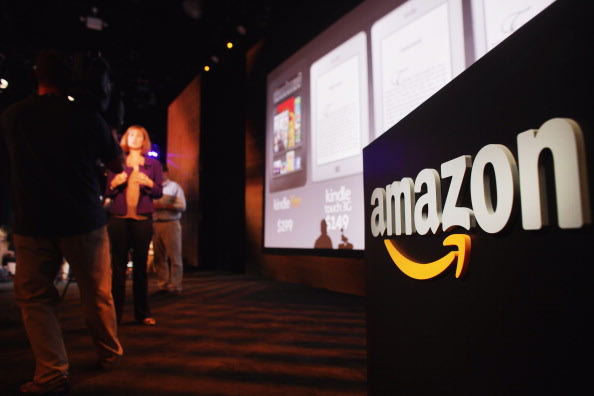
Amazon.com, arguably the world’s largest online retailer has an innovation premium of 58.3 percent. The company has more than 20 million products in stock, and thousands of startups depend on its cloud computing services. Amazon is also a technology company that produces consumer electronics such as the Kindle. It operates software- development centers on four continents.
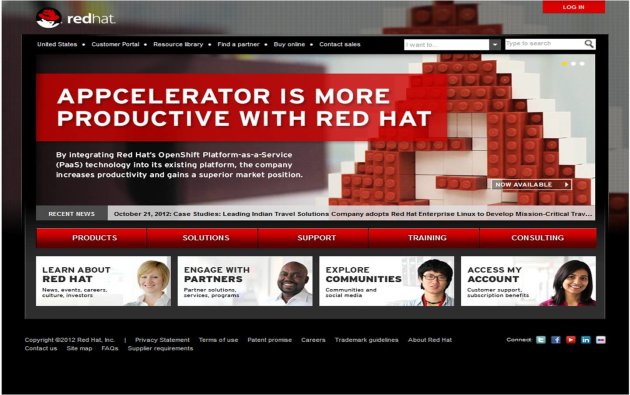
Ranking four on the list is US-based Red Hat with an innovation premium of 58.1 percent. Red Hat, the only publicly traded open source software company, passed $1 billion in revenue for the first time last year. Red Hat makes money by making enterprise supported versions of products that do well in open sourcing and helping big business personalize systems.
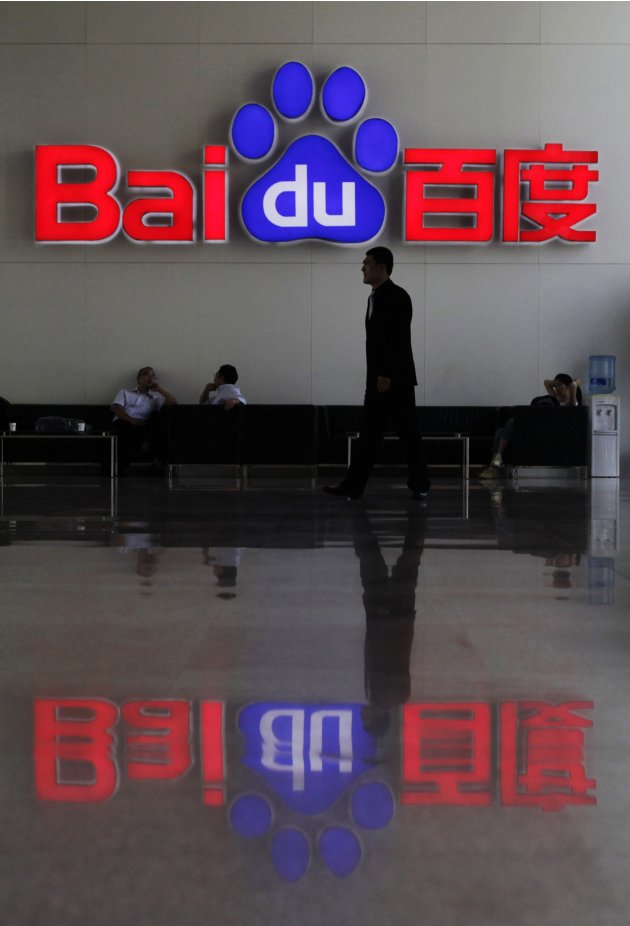
China’s Baidu is next with an innovation premium of 57.6 percent. China’s largest search engine has surpassed the world’s largest search engine in terms on innovation. The company operates its own semantic search engine called “Box Computing.” Baidu formed a partnership with Agency for Science, Technology and Research to establish an R&D center in Singapore that focuses on developing South Asian language processing technology

Intuitive Surgical’s da Vinci surgical robots (seen here in the picture) allow a doctor to watch a live, high-resolution feed of a patient’s insides and operate through a one- to two-centimetre-wide incision. The company’s innovation premium is 54 percent. Around 2,300 of its machines are installed in hospitals worldwide.

The world’s number 3 e-commerce firm, Rakuten, which owns a big stake in the social networking website Pinterest has aninnovation premium is 51.5 percent. Rakuten’s founder and CEO, Hiroshi Mikitani (seen in this picture) reportedly has one aim and that is to beat Amazon. Rakuten has also employed 500 e-commerce consultants who dispense free advice on marketing, operations and hiring

Edwards Lifesciences that invented the artificial heart valve in 1960 has aninnovation premium of 46.9 percent. Valve replacements are now one of the most common cardiac surgeries in the US and the company) is a global player in products and technologies designed to treat advanced cardiovascular disease.
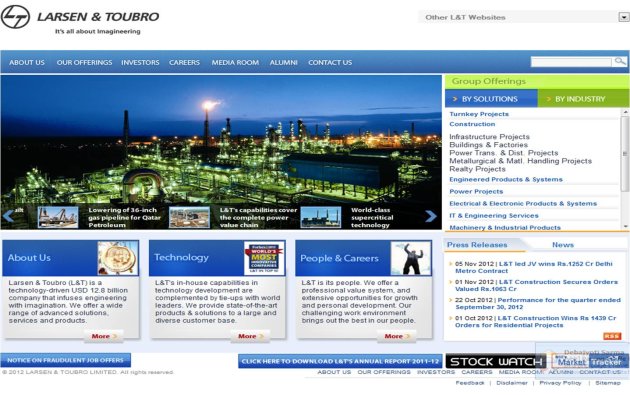
Bringing India to the top 10 is Larsen & Toubro, which pushes aside companies like Apple and Google, with an innovation premium of 46.1 percent . L & T is India’s largest engineering firm that builds ships, railroads, highways and bridges and is all set to sell Toshiba’s plastics machinery business

UK-based ARM Holdings is next with aninnovation premium of 45.4 percent. The company designs the microprocessors in the majority of the world’s smartphones and tablets, and by 2015 may run a quarter of all notebook PCs.

Four more companies from India have also made it to the top 50.

At number 12 is Hindustan Unilever with aninnovation premium of 43.9 percent. India's consumer-products powerhouse Hindustan Unilever developed an innovative network-marketing approach to sell its goods via thousands of underprivileged rural women throughout 1,35,000-plus villages, thereby becoming one of the most-trusted brands in the nation.
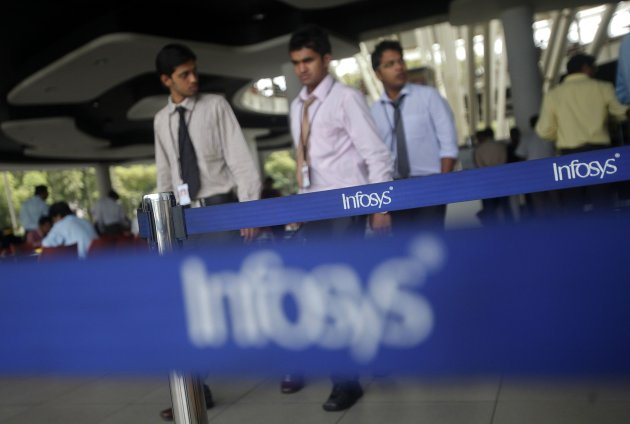
Infosys comes at number 19 with aninnovation premium of 43.9 percent. It offers consulting, software development and outsourcing services. The company’s research and innovation arm Infosys Labs will institute a co-creation lab to explore ways to solve critical maternal and child health challenges.
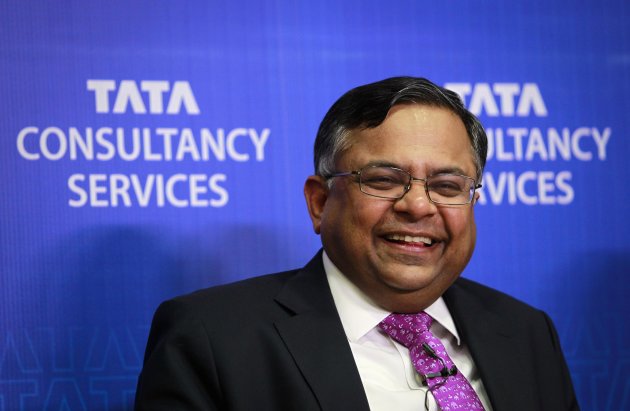
Tata Consultancy Services stands at number 29 on the list with an innovation premium of 35.1 percent. It is India’s largest IT services firm added 40,000 employees in the past year and boasts a workforce that’s 32 percent women. In 2007, TCS launched its Co-Innovation Network, a network of TCS Innovation Labs, startup alliances, University Research Departments, and venture capitalists.

The last Indian company on the list, Sun Pharmaceuticals is at number 38 with aninnovation premium of 32.7 percent. In April last year, US drugmaker Merck and Sun Pharmaceutical Industries have formed a joint venture to bring innovative formulations to emerging markets, including India














